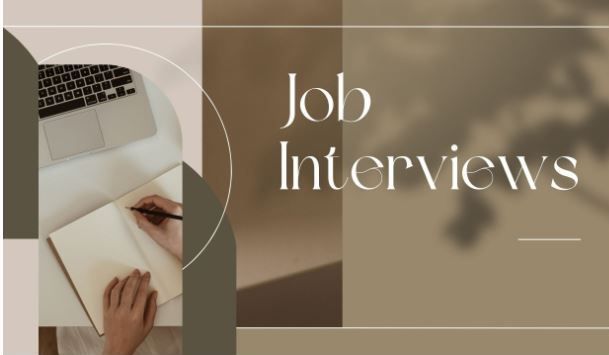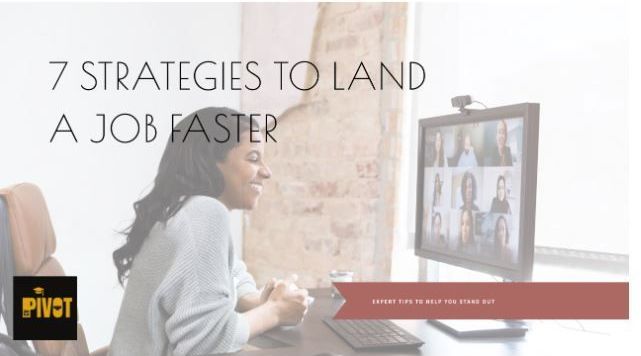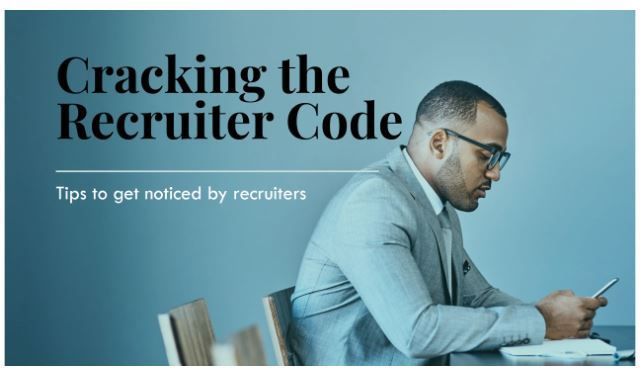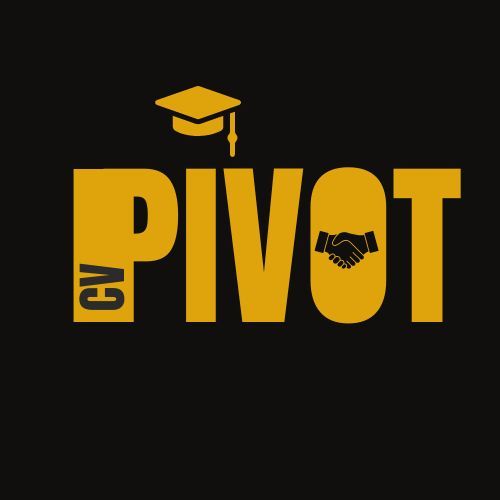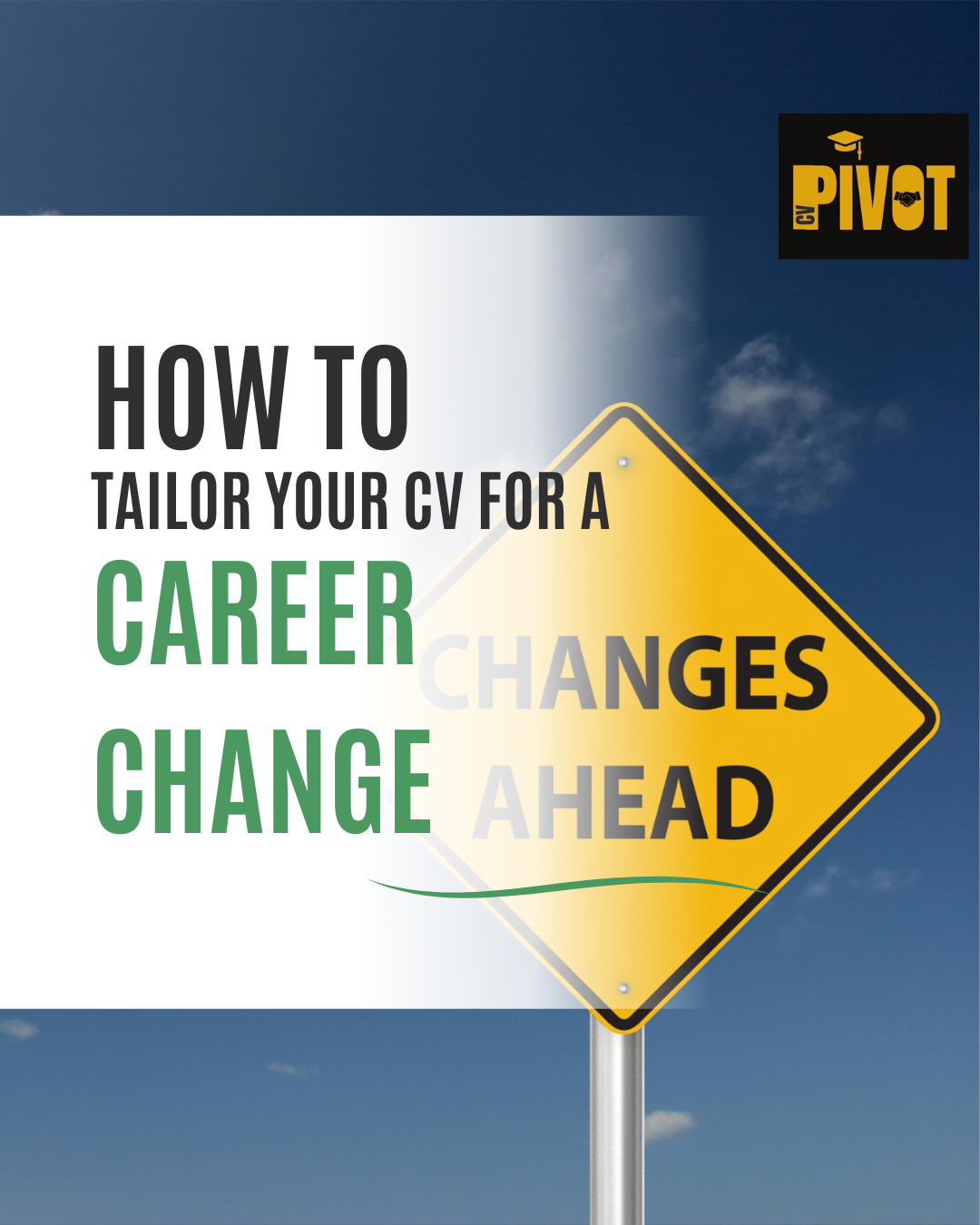The Biggest Interview Mistakes Employers See and How to Avoid Them

Interviews are the gateway to landing your new job, but even the most talented professionals can falter if they make avoidable mistakes. From an employer’s perspective, these missteps can raise red flags, even when a candidate has the right skills and experience. To ensure you leave a positive impression, here are the most common interview mistakes employers see—and how you can steer clear of them.
1. Lack of Preparation
Employers can immediately tell when a candidate hasn’t done their homework. Failing to research the company, role, or industry signals a lack of genuine interest.
How to Avoid It:
- Study the company’s website, values, and recent news.
- Understand the role and how your skills align with it.
- Prepare thoughtful questions to demonstrate your interest.
2. Overlooking the Importance of Punctuality
Turning up late to an interview is a surefire way to start on the wrong foot. It conveys disorganisation and a lack of respect for the interviewer’s time.
How to Avoid It:
- Plan your journey, accounting for traffic or public transport delays.
- Aim to arrive 10–15 minutes early to compose yourself before the meeting.
3. Talking Too Much or Too Little
Rambling on without focus or giving one-word answers can both harm your chances. Employers are looking for candidates who can communicate clearly and concisely.
How to Avoid It:
- Practice answering questions using the STAR method (Situation, Task, Action, Result).
- Keep answers relevant, and if you’re unsure, ask the interviewer to clarify.
4. Being Too Generic
When candidates provide vague or overly rehearsed answers, it can be hard for employers to see their unique value.
How to Avoid It:
- Tailor your responses to the role, using specific examples from your experience.
- Highlight achievements with measurable outcomes to stand out.
5. Neglecting Body Language
Non-verbal cues like slouching, avoiding eye contact, or fidgeting can unintentionally convey disinterest or nervousness.
How to Avoid It:
- Sit upright, maintain natural eye contact, and use confident, open gestures.
- Practise mock interviews to get feedback on your body language.
6. Criticising Previous Employers
Speaking negatively about past employers or colleagues can make you appear unprofessional. Employers may question how you’d talk about them in the future.
How to Avoid It:
- Focus on what you learned from past roles rather than dwelling on negatives.
- Frame challenges as growth opportunities to demonstrate resilience.
7. Forgetting to Ask Questions
When candidates don’t ask any questions, it can seem like they’re not truly interested in the role or company.
How to Avoid It:
- Prepare a few meaningful questions, such as:“What does success look like in this role?”“How would you describe the team culture?” "How would my performance be measured?" "What are the key challenges facing the team in the next 6 months?"
8. Failing to Follow Up
After the interview, some candidates fail to follow up with a thank-you email. This small gesture can leave a big impression on employers.
How to Avoid It:
- Send a polite email within 24 hours, thanking the interviewer for their time and reiterating your enthusiasm for the role.
By addressing these common pitfalls, you can position yourself as a polished, prepared, and professional candidate. Remember, interviews are as much about showcasing your attitude and fit as they are about your skills. Avoid these mistakes, and you’ll leave employers with no doubt that you’re the right person for the job.
#interview #careercoach #opentowork #newjob #interviewpreparation


